Effective fish farming combined with duck farming model in Trieu Phong - Photo: ML
The Provincial People's Committee has specified and issued plans, policy mechanisms and allocated resources to implement appropriate policies to encourage businesses to invest in agriculture and rural areas; develop collective economy and cooperatives in the period of 2021-2025.
Implement national target programs: building new rural areas, sustainable poverty reduction, socio-economic development in ethnic minority and mountainous areas; sustainable forestry development; policies to support the development of fisheries economy, support product consumption linkage... Mobilize local budget investment capital for agricultural development to support key products, promote high-tech application, develop organic agriculture and build new rural areas.
From the mobilized capital, the province has implemented policies to support the development of a number of crops and livestock with competitive advantages such as high-quality rice, coffee, pepper, fruit trees, medicinal herbs, raw wood, cows and shrimp. To date, there are more than 1,784 hectares of crops linked with businesses to consume products. Many models apply high technology, and annual livestock output has increased by over 15%.
Many products have been standardized and branded; supported in trade promotion, accessing domestic and international markets such as: organic rice, organic pepper, Khe Sanh tea coffee, medicinal herbs, forest wood certified for sustainable forestation (FSC, PEFC, ...); promoting deep processing, applying production processes according to advanced standards such as HACCP, ISO 22000, GMP.
To date, the province has 172 OCOP products recognized, including 2 OCOP products recognized as 5-star OCOP, 33 products achieving 4-star OCOP and 137 products achieving 3-star. The State Bank of Vietnam, provincial branch, has directed credit institutions in the area to prioritize credit capital for agricultural and rural development loans. Thereby providing capital for investment needs for agricultural and rural development.
Thanks to the active implementation of policies to promote agricultural economic development, the average growth rate of agriculture, forestry and fishery in Quang Tri over the past 5 years has reached 2.96%, achieving the target set by the Provincial Party Congress Resolution (Plan: 2.5-3%/year). The average grain output has reached 290,000 tons/year, reaching 111.6% of the plan (the target of the Provincial Party Congress Resolution is 260,000 tons). Livestock has developed in the form of semi-industrial and industrial intensive farming, forming many farms and ranches, effectively applying many scientific and technical advances, increasing the turnover speed, improving the quality of herds, increasing the output of fresh meat for sale as well as the production value of livestock.
Forest protection and development work has always been directed and implemented synchronously by all levels and sectors, with the annual forest coverage rate maintained at nearly 50%. Up to now, the whole province has 26,002.90 hectares of FSC-certified forest, an increase of 27.7% compared to 2020, making it the leading province in the country in terms of planted forest area certified by international organizations.
Promoting the potential advantages of the marine economy, promoting exploitation and aquaculture along with protecting the environment and aquatic resources; gradually shifting and developing the aquatic economy towards sustainability. The aquaculture area reaches 3,141 hectares, of which more than 110 hectares are aquaculture in the direction of high technology.
The quality of the collective economic sector and cooperatives (HTX) is increasingly improved. The whole province has 318 agricultural cooperatives and 2 agricultural cooperative unions operating under the Law on Cooperatives, an increase of 28 cooperatives compared to 2020. There are 193 cooperatives classified as good and fair, 81 cooperatives participate in production linkage and product consumption for cooperative members, accounting for 25.47% of the number of cooperatives; 28 cooperatives have OCOP products of 3 stars or higher.
In the period of 2020-2025, the whole province will have 18 more communes meeting new rural standards, bringing the total number of communes meeting the standards by the end of 2024 to 75/101 communes, accounting for 74.25% (if the number of communes after the merger is currently 69/95 communes); it is expected that by the end of 2025, there will be 6 more communes, bringing the number of communes meeting the standards to 75/95 communes meeting the standards (the number of communes calculated after the merger), reaching 78.9% of communes meeting the standards. Up to now, 27 communes have met advanced new rural standards, 8 communes have met model new rural standards; 4 more districts have met new rural standards.
In the period of 2021-2024, the total value of public investment in agriculture reached 674 billion VND, which shows the State's interest and priority in the field of public investment in agriculture.
Although the province has a limited budget, the regular expenditure capital for agriculture is still maintained and increased steadily over the years. In the period 2015-2024, the regular expenditure budget for agriculture is 1,950 billion VND, of which from 2021 to 2024 it is 754 billion VND.
In general, the province's agricultural economy continues to affirm its strategic role and position in the economy, food security is ensured, crop structure shifts towards commodity production, focusing on specialized and intensive farming, exploiting land potential and advantages of each region, improving productivity and economic efficiency.
Minh Long
Source: https://baoquangtri.vn/nang-cao-hieu-qua-dau-tu-de-phat-trien-kinh-te-nong-nghiep-192777.htm


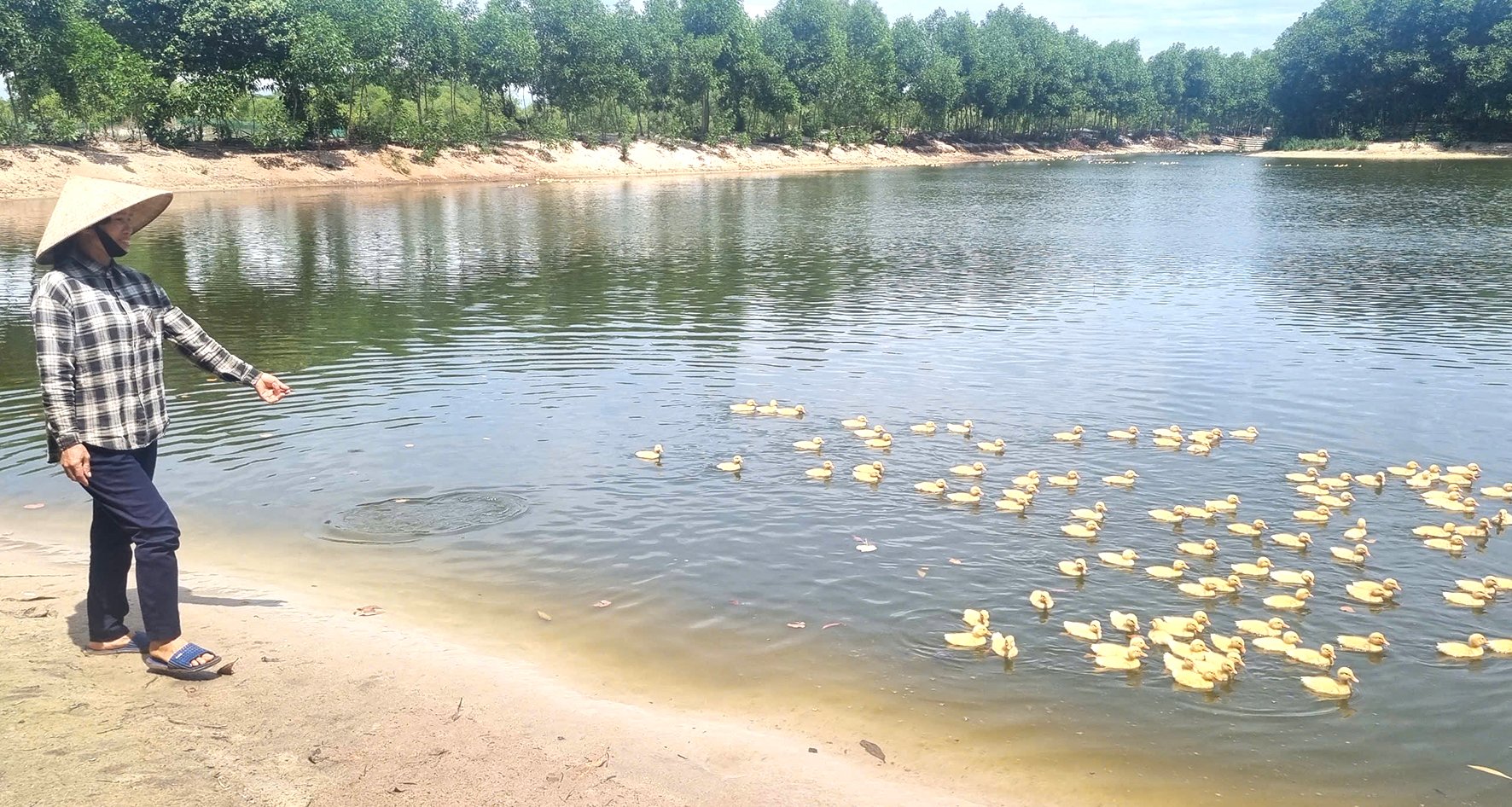


![[Photo] Prime Minister Pham Minh Chinh receives Mr. Jefferey Perlman, CEO of Warburg Pincus Group (USA)](https://vstatic.vietnam.vn/vietnam/resource/IMAGE/2025/4/18/c37781eeb50342f09d8fe6841db2426c)



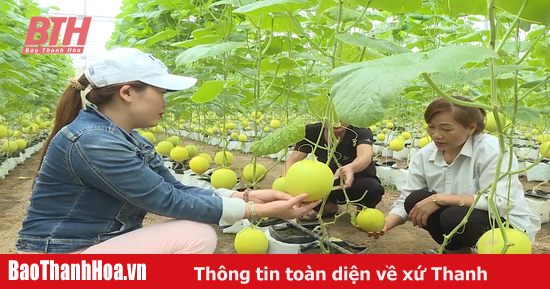

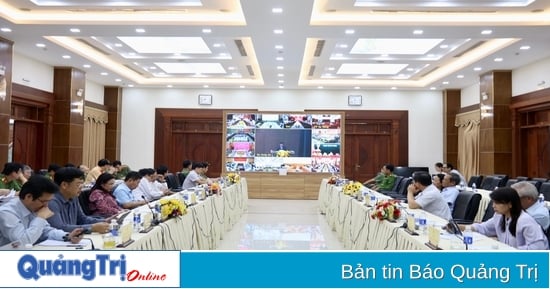
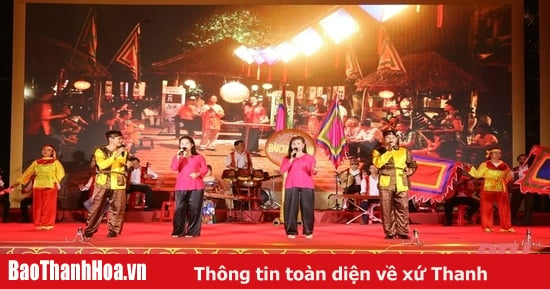



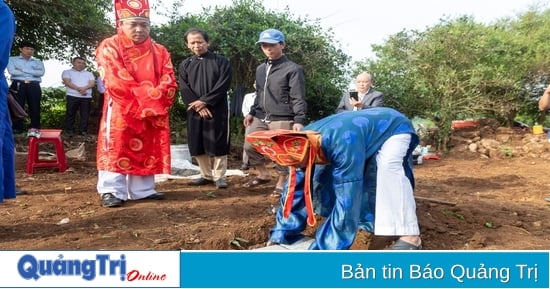
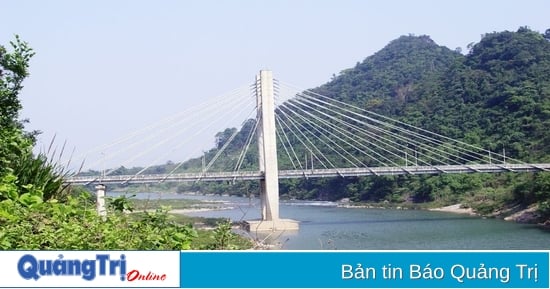




























































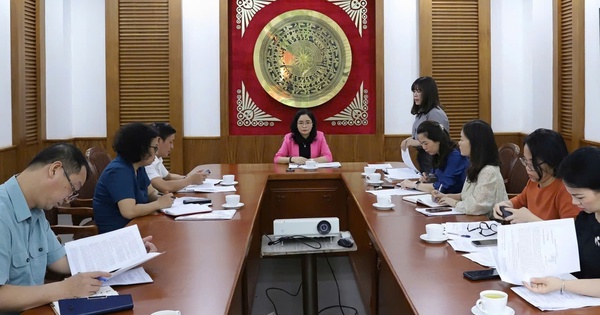




















Comment (0)